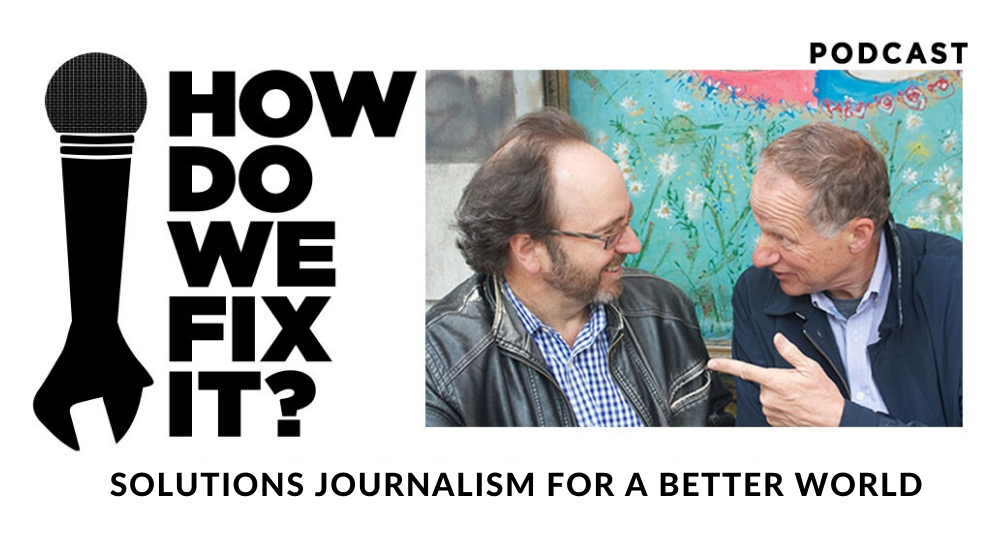Ever since the 2008 financial crisis and recession, central bankers and most economists have agreed that it's good to keep interest rates as low as possible. Making it easy to borrow money very cheaply helps the economy recover from recessions and the COVID pandemic.
But what if very cheap money has unintended consequences such as asset bubbles and bank failures, and benefits the haves much more than the have-nots of society?
Our guest is financial analyst, journalist, and historian Edward Chancellor, author of the new book, "The Price of Time, The Real Story of Interest". Edward specializes in financial crises— bubbles, crashes and panics. He uses examples from history to challenge conventional wisdom about near-zero interest rates, and walks though his arguments in a relatable way.
Read more